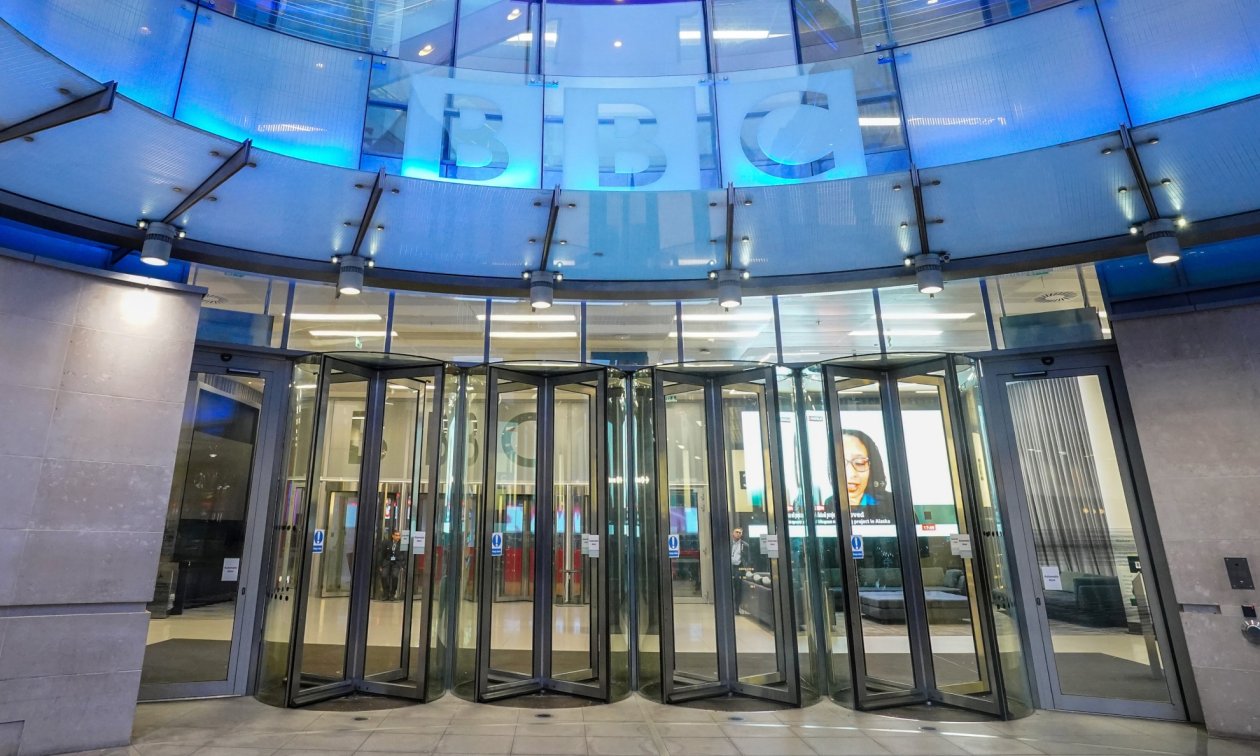The Covid-19 pandemic, the lockdown parties in Downing Street and the ensuing changes of government have dominated the headlines in the UK in recent years. The Partygate scandal undermined the British public's trust in politics, but the non-stop, polarising coverage has also alienated many media consumers.




















